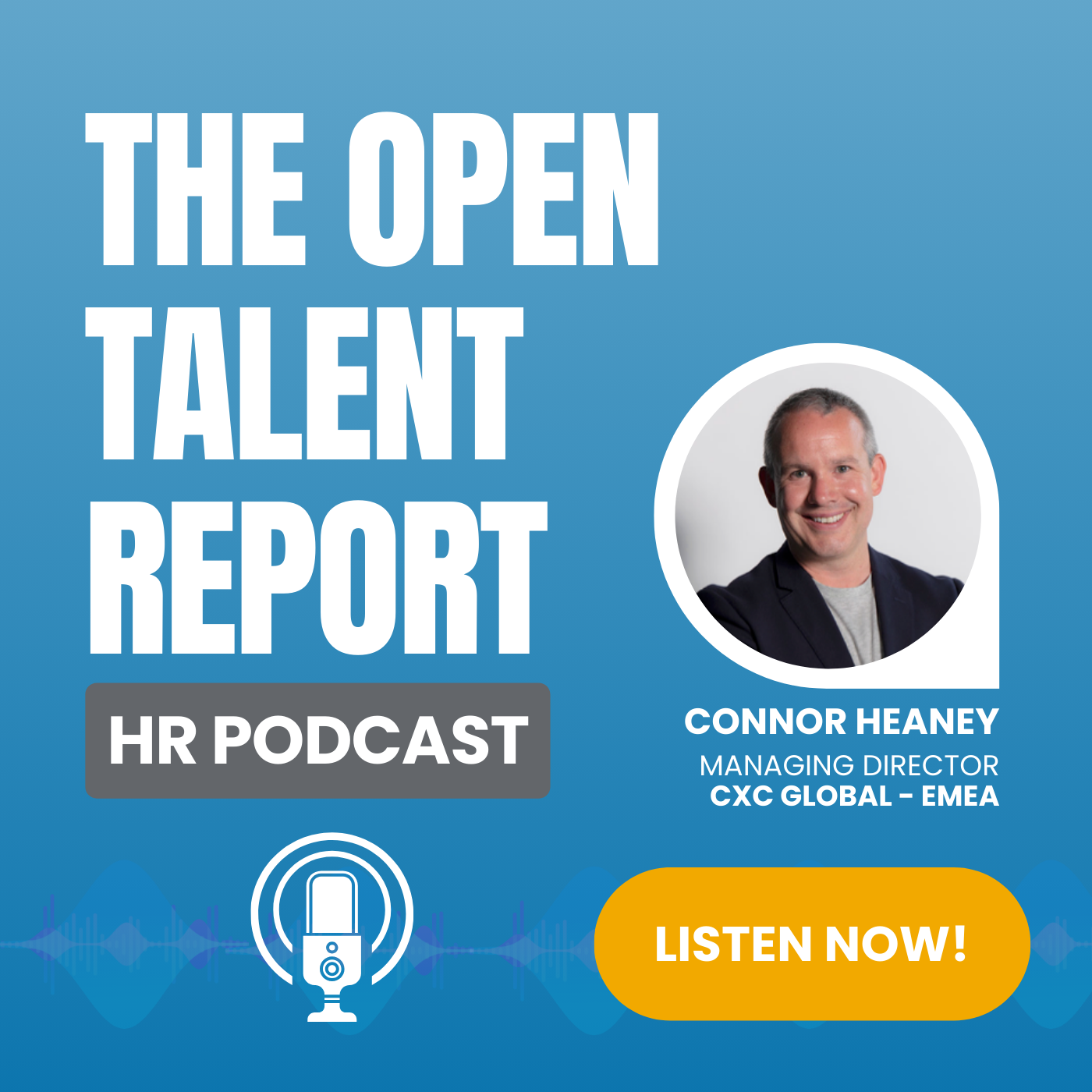Problems we solve
Services
Source
On-Demand Talent Sourcing
Flexible, scalable recruitment support whenever you need it
Direct Sourcing
Access to top talent through the power of your brand
RPO
Your entire recruitment process off your plate
Hire/Engage
EoR
Compliant hiring, worldwide, without the overheads
AoR
Simple, fast, and compliant independent contractor hiring
Out of Office
Find top remote talent and build your team effortlessly
CXC Comply
Total compliance in a fast-changing landscape
Solutions
Aviation
Simple workforce management for aviation, aerospace & defence
Banking, Finance & Insurance
Compliant workforce management for banking, finance & insurance
Civil Engineering
Efficient workforce solutions for CE firms: Source, engage, payroll
Consulting
Efficient, compliant workforce solutions for consultancies
Education
All-in-one contractor management for educators
Energy & Resources
Workforce management for energy & resources companies
IT & Technology
Global workforce solutions for tech companies
Why CXC
Resources
Library
Ebooks, documents, white papers and more
Blog
Our latest thoughts on the contingent workforce landscape
Contingent Workforce Glossary
Insights to sharpen your workforce strategy
Region
Topics
0
years of operationServices to
0+
countriesPrograms from
0 to
0
workers0
0%
client retention rateSaving costs from
0-0%
0%
payroll accuracyI want to receive market insights straight to my mailbox
Australia/New Zealand Head Office
Asia Head Office
EMEA Head Office
North America Head Office
Latin America Head Office
Level 3, 99 Walker Street
North Sydney, NSW 2060 Australia
Book My Strategy Call
We use cookies to offer you a better browsing experience, analyse site traffic and personalise content. If you continue to use this site, you consent to our use of cookies.
Privacy Policy



